
A historian of the Iranian world in late antiquity, ca. 200–800 CE, Payne's research focuses primarily on the dynamics of Iranian imperialism, specifically how the Iranian (or Sasanian) Empire successfully integrated socially, culturally, and geographically disparate populations from Arabia to Afghanistan into enduring political networks and institutions. Also Professor Payne is deeply committeed to exploring the entanglements of the regions with East Asia, especially within and via Inner Asian contexts.
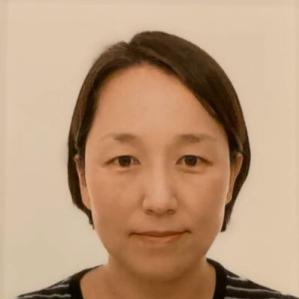
Eunhee Park is an Instructor in History. Her primary research projects have focused on the intersections of women, labor, and capitalism in South Korea and a comparative analysis of Cold War-era popular culture, gender, and society in East Asian countries.

Professor Matthew Briones' research focuses on comparative race relations, Asian/Pacific islander American history, African American history, interracial and interethnic coalitions and conflicts, immigration, transnationalism, especially between the United States and the Philippines.
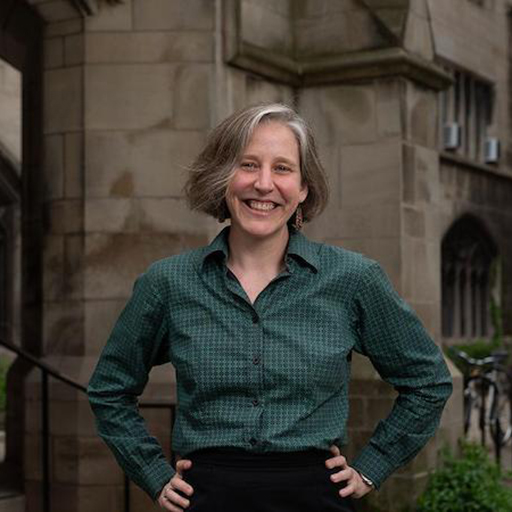
Professor Ransmeier researches local practices revealed in police and judicial records and the intersection of law and family life in modern China. Currently, she is completing a book on the practice of selling people in North China during the Late Qing and Republican periods, the first such work to be devoted to the subject of slavery and human trafficking in China during this period. Her research efforts within China’s judicial archives have also led her to new areas of interest extending beyond trafficking cases.
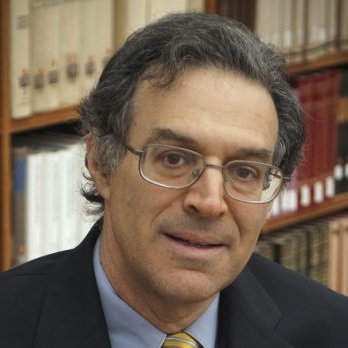
Professor Pomeranz's work focuses mostly on China, though he is also very interested in comparative and world history, particularly long-term global economic trends. Most of his research is in social, economic, and environmental history, though he has also worked on state formation, imperialism, religion, gender, and other topics. His publications include The Great Divergence: China, Europe, and the Making of the Modern World Economy (2000), which won the John K. Fairbank Prize from the American Historical Association, and shared the World History Association book prize.

Professor Eyferth is a historian specializing in the non-elite peoples of China during the twentieth century, particularly the effects of industrialization, collectivization, and revolution on the lives of Chinese women.
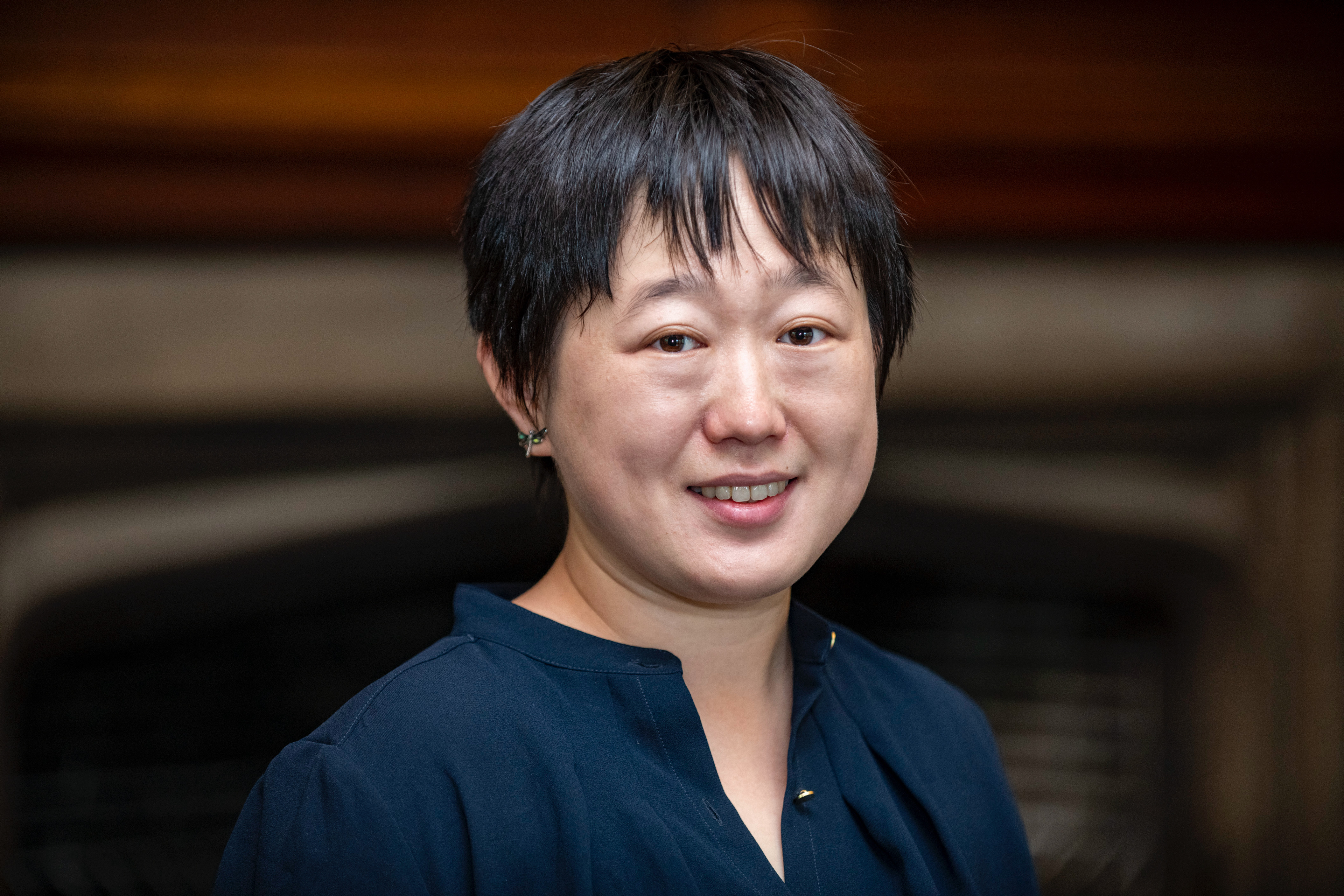
Professor Yuting Dong is a historian of modern Japan and East Asia. She is interested in questions on colonialism, history of labor and expertise, and environmental history. She is also working on a second project that examines the commodification and politicization of air in Japan’s colonial empire.
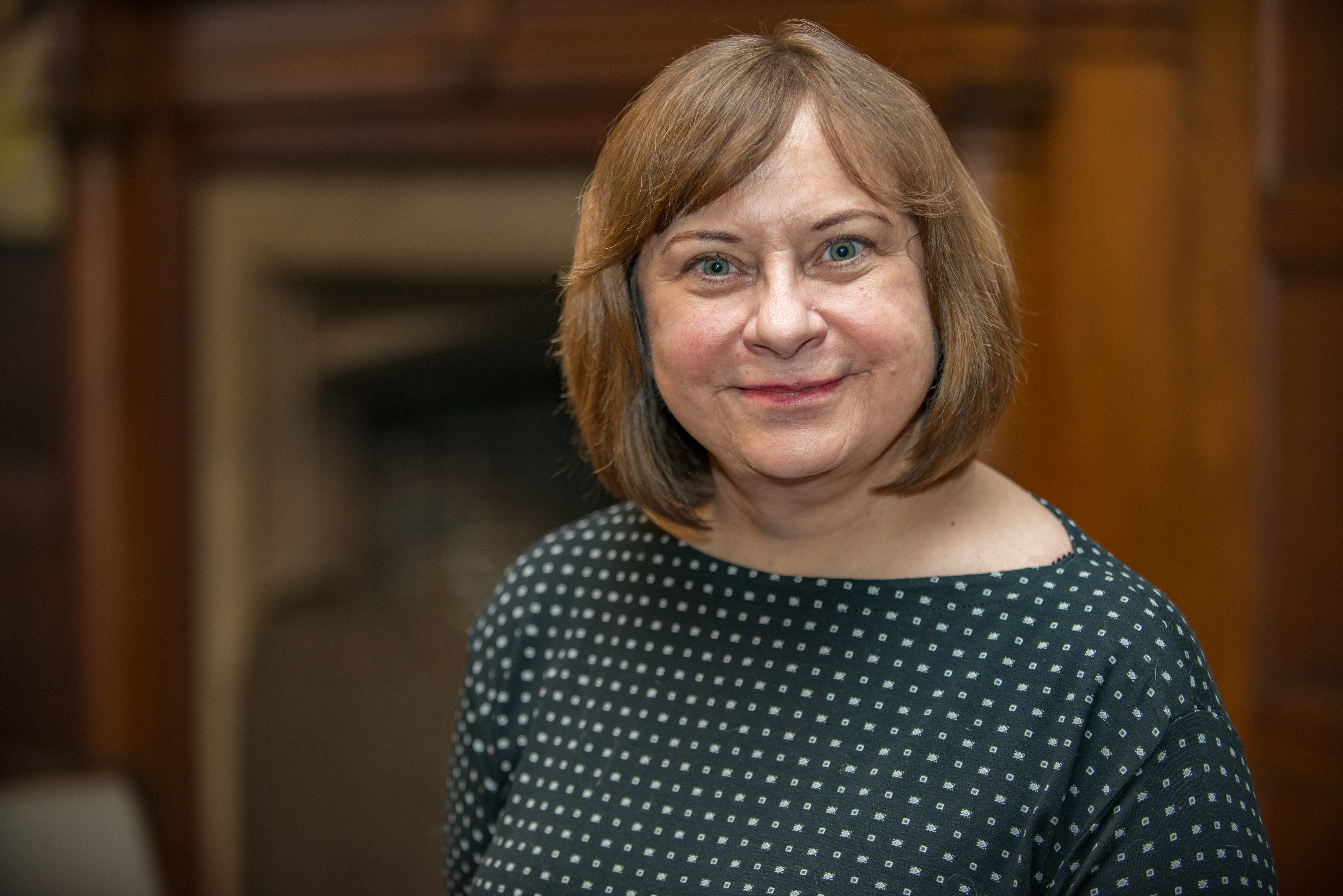
Professor Burns focuses on 19th-century Japanese history, specifically the period between the Tokugawa era and the end of the Meiji period, and also the role of Western medicine in the lives of Japanese women.